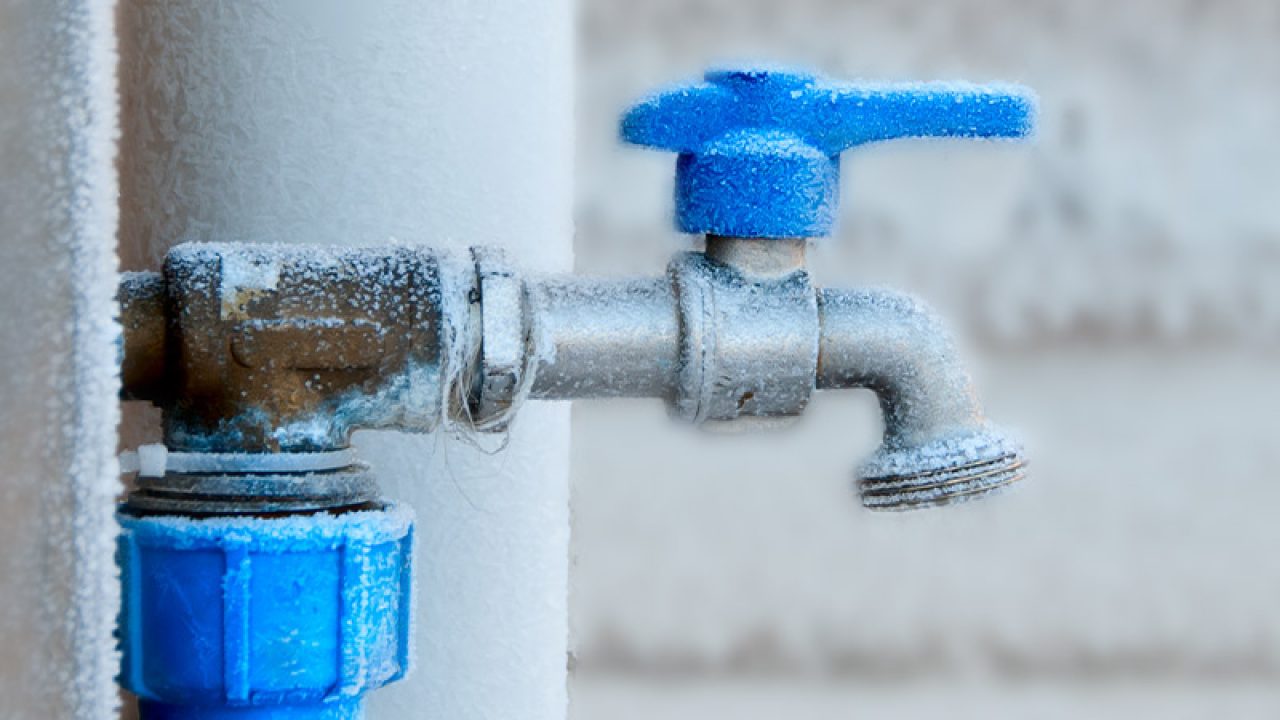Ways to Defend Your Pipes from Cold Weather: Expert Advice
Ways to Defend Your Pipes from Cold Weather: Expert Advice
Blog Article
What are your thoughts and feelings about How to prepare your home plumbing for winter weather?

Cold weather can ruin your plumbing, specifically by freezing pipes. Below's exactly how to stop it from happening and what to do if it does.
Intro
As temperatures decrease, the threat of frozen pipes rises, potentially resulting in pricey repairs and water damage. Recognizing how to prevent frozen pipelines is critical for property owners in chilly environments.
Avoidance Tips
Shielding vulnerable pipes
Cover pipelines in insulation sleeves or utilize warm tape to secure them from freezing temperature levels. Concentrate on pipes in unheated or outside locations of the home.
Home heating strategies
Maintain indoor spaces adequately heated up, especially areas with pipes. Open up closet doors to permit warm air to circulate around pipelines under sinks.
Just how to recognize icy pipes
Seek decreased water circulation from faucets, uncommon smells or noises from pipelines, and visible frost on revealed pipes.
Long-Term Solutions
Architectural modifications
Take into consideration rerouting pipes away from exterior walls or unheated locations. Include extra insulation to attics, basements, and crawl spaces.
Updating insulation
Invest in top quality insulation for pipes, attics, and walls. Proper insulation helps maintain consistent temperatures and decreases the threat of frozen pipes.
Securing Outside Plumbing
Yard hoses and exterior taps
Detach and drain garden hoses before winter months. Mount frost-proof spigots or cover exterior faucets with shielded caps.
Comprehending Frozen Pipelines
What causes pipelines to freeze?
Pipes ice up when exposed to temperatures listed below 32 ° F (0 ° C) for extended durations. As water inside the pipelines ices up, it expands, putting pressure on the pipeline wall surfaces and potentially causing them to rupture.
Risks and problems
Frozen pipes can bring about supply of water disturbances, building damages, and costly repair work. Burst pipes can flooding homes and trigger considerable architectural damages.
Signs of Frozen Water Lines
Determining icy pipelines early can prevent them from breaking.
What to Do If Your Pipelines Freeze
Immediate actions to take
If you believe frozen pipes, maintain taps open to ease stress as the ice thaws. Utilize a hairdryer or towels soaked in hot water to thaw pipes slowly.
Final thought
Preventing icy pipes requires positive steps and fast reactions. By recognizing the causes, indicators, and safety nets, house owners can shield their pipes during winter.
Helpful Tips to Prevent Frozen Pipes this Winter
UNDERSTANDING THE BASICS: WHY PIPES FREEZE AND WHY IT’S A PROBLEM
Water freezing inside pipes is common during the winter months, but understanding why pipes freeze, and the potential problems it can cause is crucial in preventing such incidents. This section will delve into the basics of why pipes freeze and the associated problems that may arise.
THE SCIENCE BEHIND FROZEN PIPES
When water reaches freezing temperatures, it undergoes a physical transformation and solidifies into ice. This expansion of water as it freezes is the primary reason pipes can burst. As the water inside the pipe freezes, it expands, creating immense pressure on the walls. If the pressure becomes too great, the pipe can crack or rupture, leading to leaks and water damage.
FACTORS THAT CONTRIBUTE TO PIPE FREEZING
Low Temperatures: Extremely cold weather, especially below freezing, increases the risk of pipes freezing. Uninsulated or Poorly Insulated Pipes: Pipes located in unheated areas, such as basements, crawl spaces, or attics, are more prone to freezing. Insufficient insulation or lack of insulation altogether exacerbates the problem. Exterior Wall Exposure: Pipes running along exterior walls are susceptible to freezing as they encounter colder temperatures outside. Lack of Heating or Temperature Regulation: Inadequate heating or inconsistent temperature control in your home can contribute to frozen pipes. PROBLEMS CAUSED BY FROZEN PIPES
- Pipe Bursting: As mentioned earlier, the expansion of water as it freezes can cause pipes to burst, resulting in significant water damage.
- Water Damage: When pipes burst, it can lead to flooding and water damage to your property, including walls, ceilings, flooring, and personal belongings.
- Structural Damage: Prolonged exposure to water from burst pipes can compromise the structural integrity of your home, leading to costly repairs.
- Mold and Mildew Growth: Excess moisture from water damage can create a favorable environment for mold and mildew growth, posing health risks to occupants.
- Disrupted Water Supply: Frozen pipes can also result in a complete or partial loss of water supply until the issue is resolved.
WHY CERTAIN PIPES ARE MORE PRONE TO FREEZING
- Location: Pipes located in unheated or poorly insulated areas, such as basements, crawl spaces, attics, or exterior walls, are at higher risk of freezing.
- Exterior Pipes: Outdoor pipes, such as those used for irrigation or exposed plumbing, are particularly vulnerable to freezing as they are directly exposed to the elements.
- Supply Lines: Pipes that carry water from the main water supply into your home, including the main water line, are critical to protect as freezing in these lines can affect your entire plumbing system.
- Underground Pipes: Pipes buried underground, such as those connected to sprinkler systems or outdoor faucets, can be susceptible to freezing if not properly insulated.
https://busybusy.com/blog/helpful-tips-to-prevent-frozen-pipes-this-winter/

I stumbled upon that blog post about Preventing and dealing with frozen pipes when doing a search on the web. Liked our post? Please share it. Let someone else locate it. I truly appreciate reading our article about 6 Ways to Prevent Frozen Pipes.
Schedule A Free Estimate Report this page